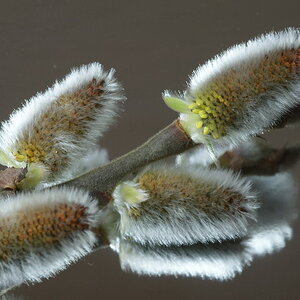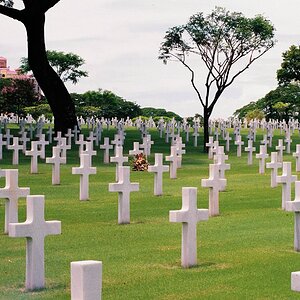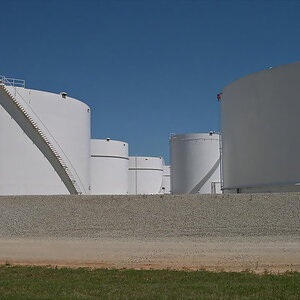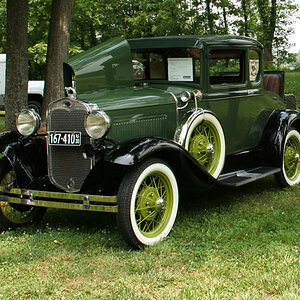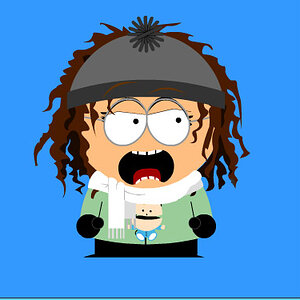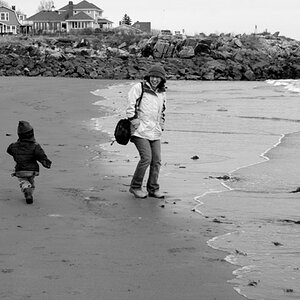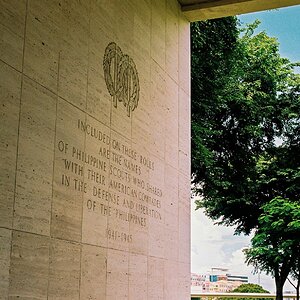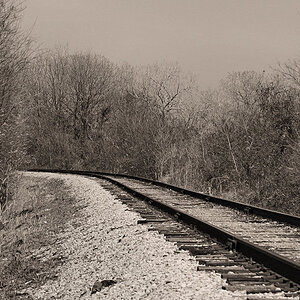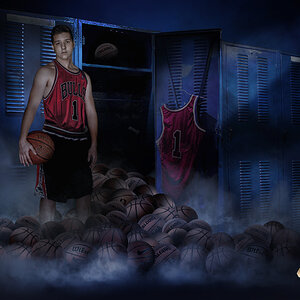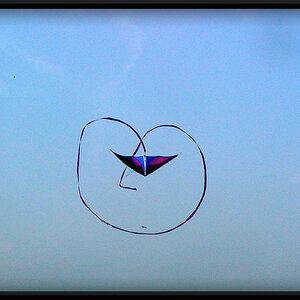Jon_Are
TPF Noob!
- Joined
- May 12, 2007
- Messages
- 655
- Reaction score
- 13
- Can others edit my Photos
- Photos NOT OK to edit
...a polarizer.
This is the opinion of the author of a book I'm reading. He says that filters negatively affect the way light reaches the sensor, which negatively impacts the image.
A polarizer is OK to use because achieving the effects of a polarizer in Lightroom or Photoshop is nearly impossible.
As for protecting your lens? Use a lens cap.
Thoughts?
Jon
This is the opinion of the author of a book I'm reading. He says that filters negatively affect the way light reaches the sensor, which negatively impacts the image.
A polarizer is OK to use because achieving the effects of a polarizer in Lightroom or Photoshop is nearly impossible.
As for protecting your lens? Use a lens cap.
Thoughts?
Jon


